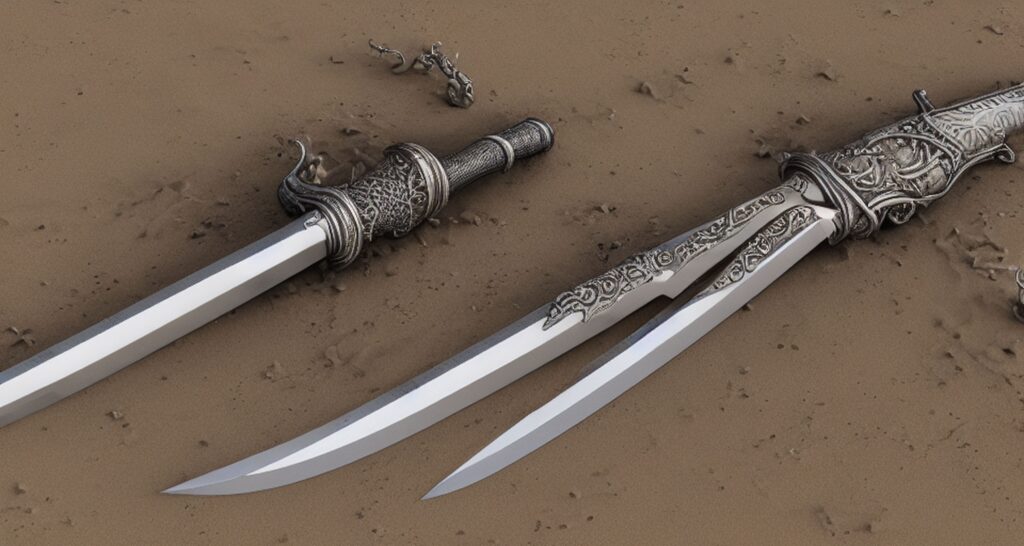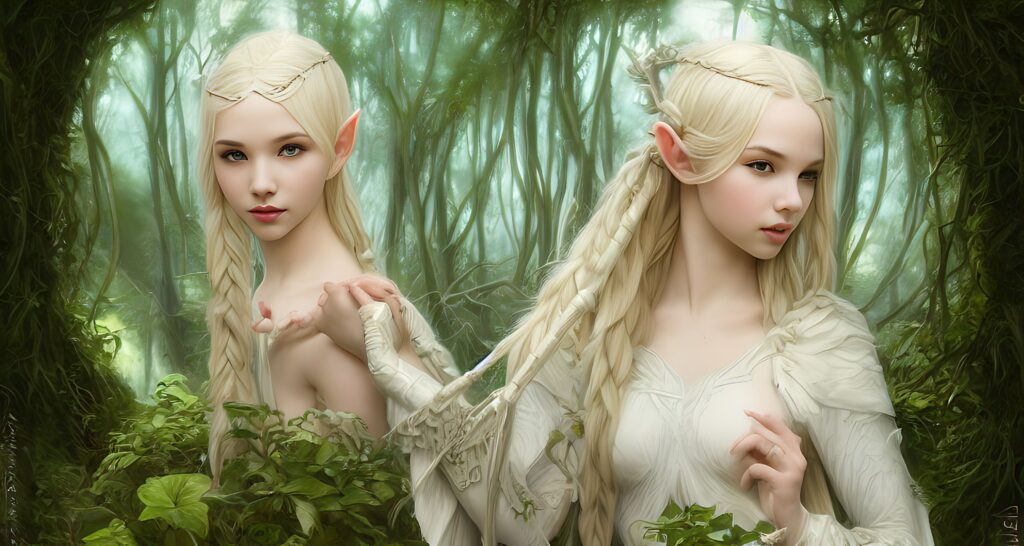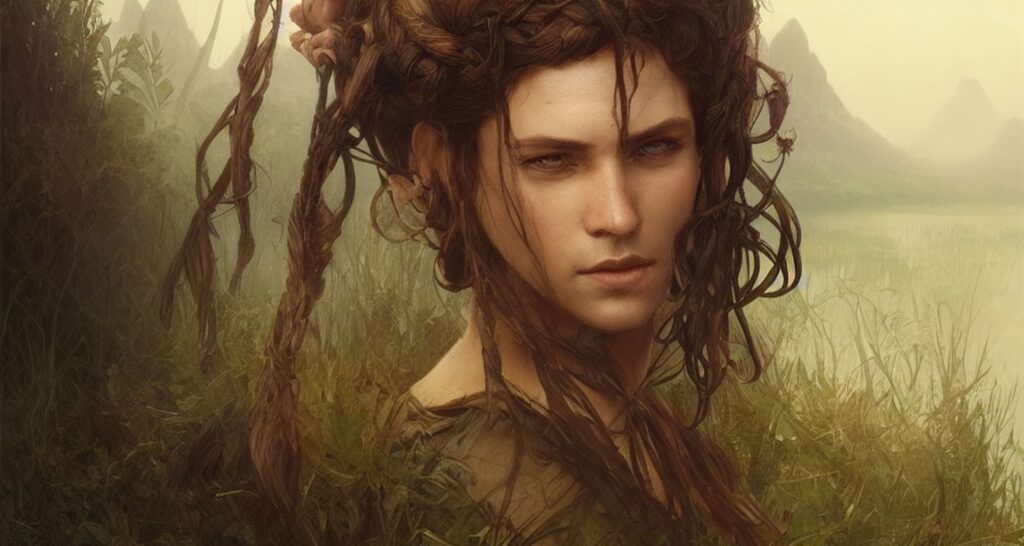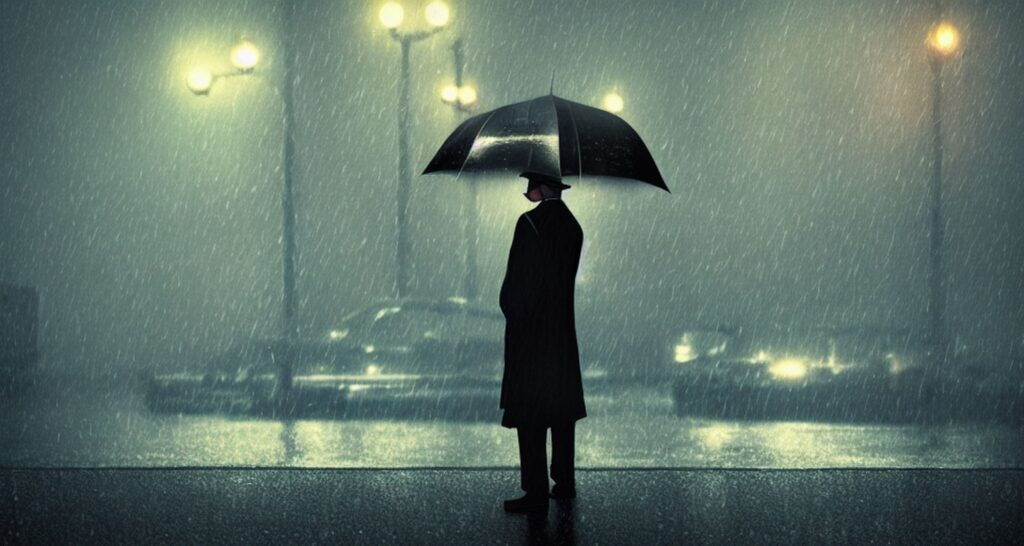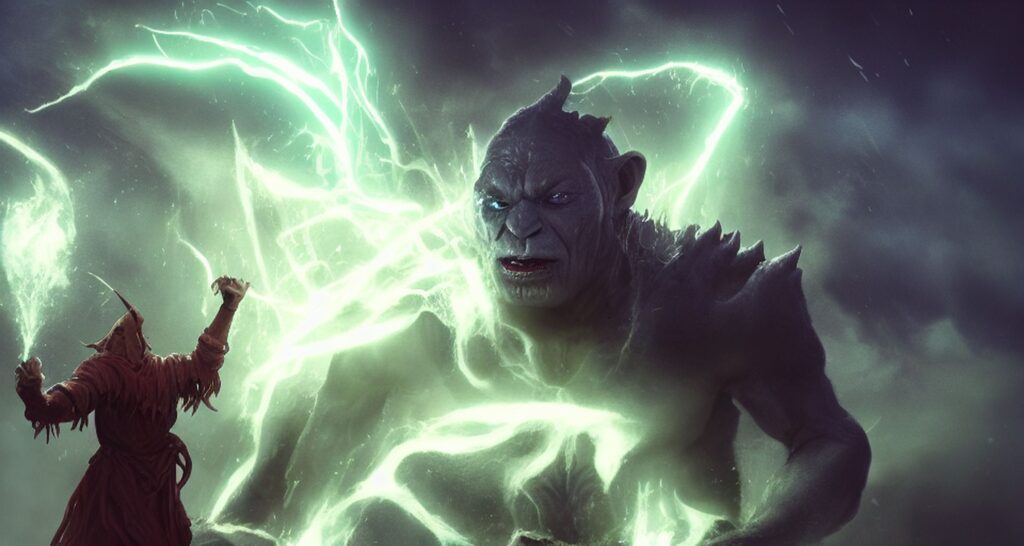
I am a big fan of fantasy fiction. One of the things I love most about this genre is that it features magic. There is something endlessly fascinating about the idea of a wizard casting a spell, a witch making a potion, or using magic to accomplish a goal. And while some say that magic detracts from the reality of the story, I rather believe that it adds to the believability of the story. Who hasn’t wished they could just wave a wand and their troubles would disappear? I think magic is one of the things that makes fantasy truly fascinating.
1. Definition of Magic
Magic has been around for a long time and its definition is constantly evolving. Most commonly, it is considered a form of magical practice or conjuration that utilizes supernatural powers to control people or situations. This power may be used for good or evil depending on the skill and intent of the practitioner. Witchcraft usually involves calling upon or communicating with spiritual beings such as gods, goddesses, angels, and other beings to perform rituals, incantations, divination, healing work, dream reading, and other magical practices. Some interpretations of witchcraft require the practitioner to follow certain rules and ethics in order to maintain the balance of magic. This may mean avoiding acts intended to harm others or taking responsibility for the results of witchcraft. Overall, witchcraft is the art of invoking powerful forces beyond our limited understanding to manifest desired changes in reality. Through deeper exploration of sorcery, the sorcerer can connect with an energy field beyond the physical senses and achieve personal fulfillment. Ultimately, witchcraft can be a powerful tool for self-discovery, creativity, and transformation.
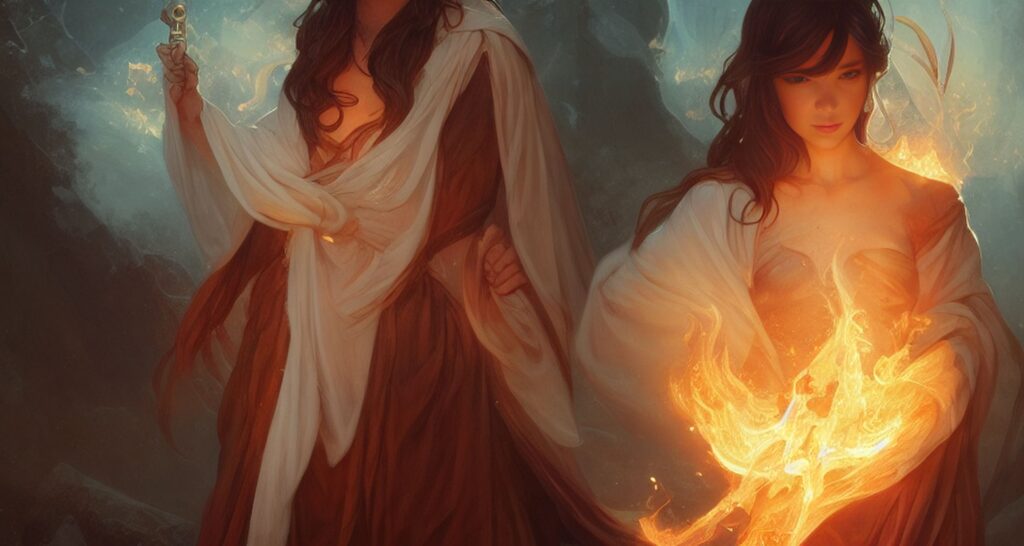
2. How is magic used in fantasy worlds?
Magic has been part of storytelling since the days of folklore and mythology. In fantasy worlds, it is an essential source of power and entertainment for the inhabitants. Magic is capable of performing all manner of feats, from healing wounds to traveling through time and space. Magic is often represented visibly, allowing characters to cast spells and wield magical weapons and tools. They may also possess magical amulets, such as rings or amulets, which give them special powers. In books, movies, and video games set in fantasy worlds, magic also serves as a plot device for introducing thrilling new elements. By opening secret doors and unlocking hidden possibilities, magic opens up new possibilities that the protagonists never thought possible. Everything from flying brooms to magic mirrors can be discovered in this imaginative land where magic reigns. With its infinite variety and unpredictable effects, magic brings these exciting new worlds to life – turning mere stories into epic adventures!
Types of magic include elemental magic, spirit magic, summoning magic, healing magic, enchantment magic, metamorphosis magic, divination magic, necromancy, geomancy, rune magic, blood magic, dream magic, psionic magic, transformation magic, illusion magic, psyche magic, telekinesis, and levitation. These are just a few examples of the various types of magic that exist in the world. Each type of magic has its own rules and principles that must be followed.
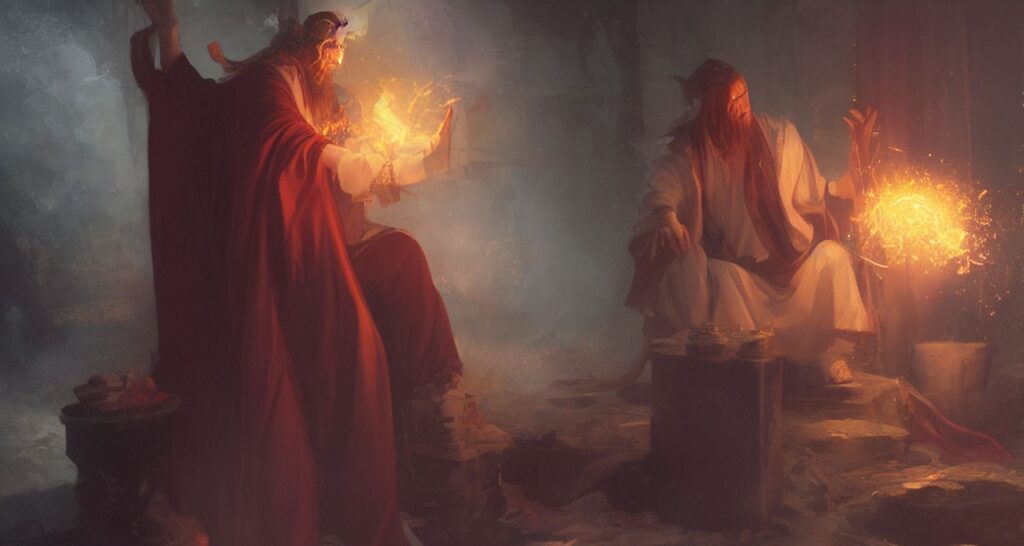
3. Examples of magic in popular works
Magic has always been a popular trope in art, literature, and film. From Greek mythology’s battles with the gods to Harry Potter’s adventures in modern-day England, it seems that regardless of culture or generation, people have always found magic users mysterious. For example, Merlin in the legend of King Arthur used his abilities to aid the king and protect England from evil forces. And Gandalf in Tolkien’s “Lord of the Rings” trilogy serves as Frodo’s wise advisor, guiding him through his unexpected adventures. And Hermione Granger in the “Harry Potter” series uses her keen intellect to help her friends on their mission to defeat Voldemort. Whether leading an army or casting a spell to obtain a hidden treasure, these magical characters capture the imagination of readers and viewers and teach them that it takes just a little effort and a little faith to make the impossible possible. In this way, they leave us with inspiration for future generations to continue exploring the possibilities that belief in magic offers.
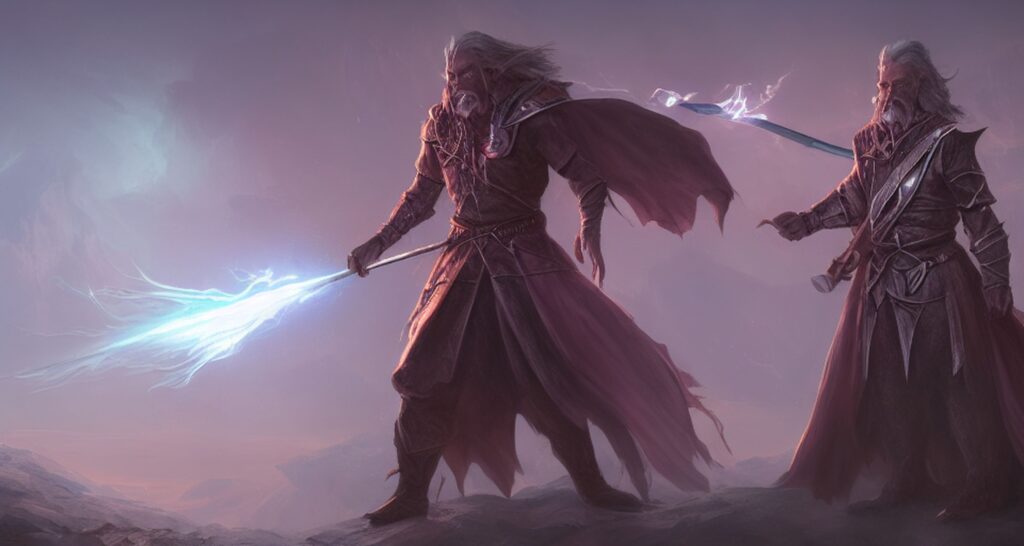
4. how do mages, wizards, sorcerers, witches, and necromancers differ?
Mage, wizard, sorcerer, witch, necromancer …… These words conjure up images of powerful magic users. But what is the difference? Mages often use elemental magic or magic that manipulates physical phenomena. They also tend to prioritize knowledge over power, and may study magical archives to hone their skills. In contrast, wizards are respected for their mastery of multiple magical arts. Their powers are especially useful in combat and arcane duels, where they can bend the laws of reality to their advantage. Sorcerers gain their magical powers through innate energy rather than mastery of spells, but some even have lineages that grant them latent magical abilities Witches generally derive their powers from nature, using potions and rituals to summon spirits and access secrets hidden in their natural environment. Necromancers are between life and death and focus their efforts on manipulating undead creatures and controlling their souls. All types will add extra excitement to your exploration of the fantasy world.
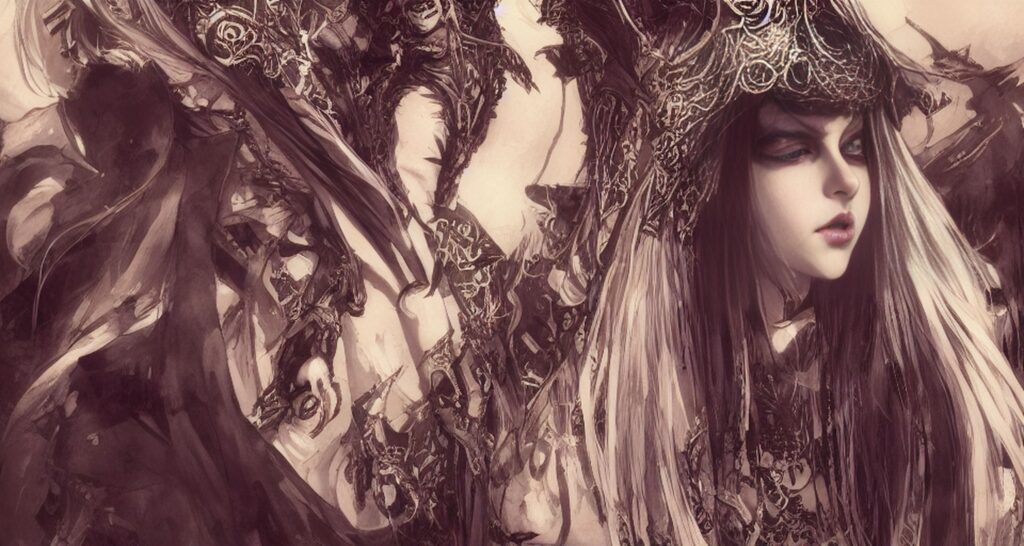
5. why do readers like stories with magic?
Who doesn’t like stories with magic in them? It is no secret that readers around the world deeply appreciate the fantasy and adventure found in stories with magical elements. These stories transport us to beautiful and enchanting places, dazzling creatures, and fascinating forces. Many magical tales provide inspiration and hope in dark times and inspire courageous action in the face of adversity. They also offer readers exhilarating glimpses into the creative forces that transform our reality into something spectacular and unknown. There is something especially captivating about stories that make the impossible possible through magical forces. This is especially true when the impossible is made possible through magical power. That is why readers love stories with magic. It allows them to escape the everyday and glimpse the heroic strength and triumph of their dreams.
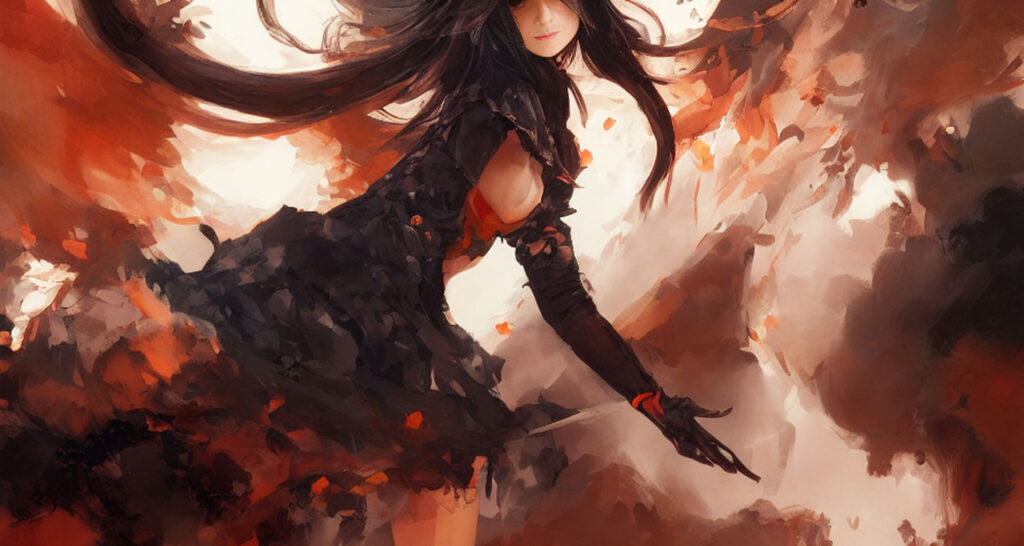
In the hands of a skilled storyteller, magic can be a powerful tool. Magic can create awe-inspiring scenes, transport readers to other worlds, and add excitement and mystery to any plot. Consider using magic to make your fantasy world feel more real to readers or to add momentum to your plot. Be careful not to use too much magic, however, as it can make the story feel like it is trying too hard. Have you ever read a book with magic? What did you think?

